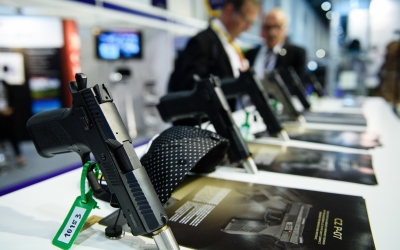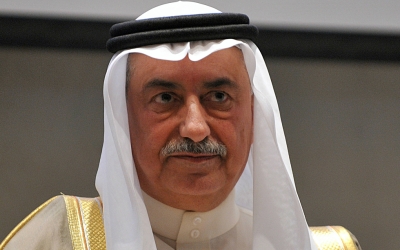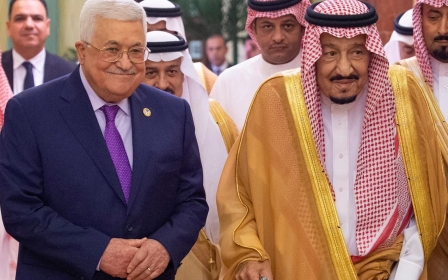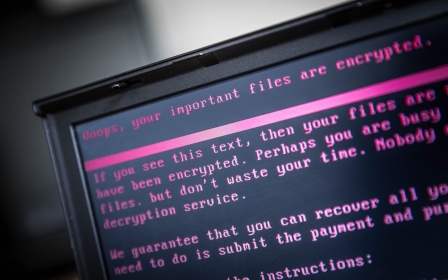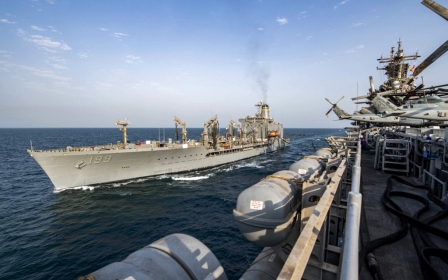Saudi minister says arms sales to kingdom 'not affected' by UK court ruling
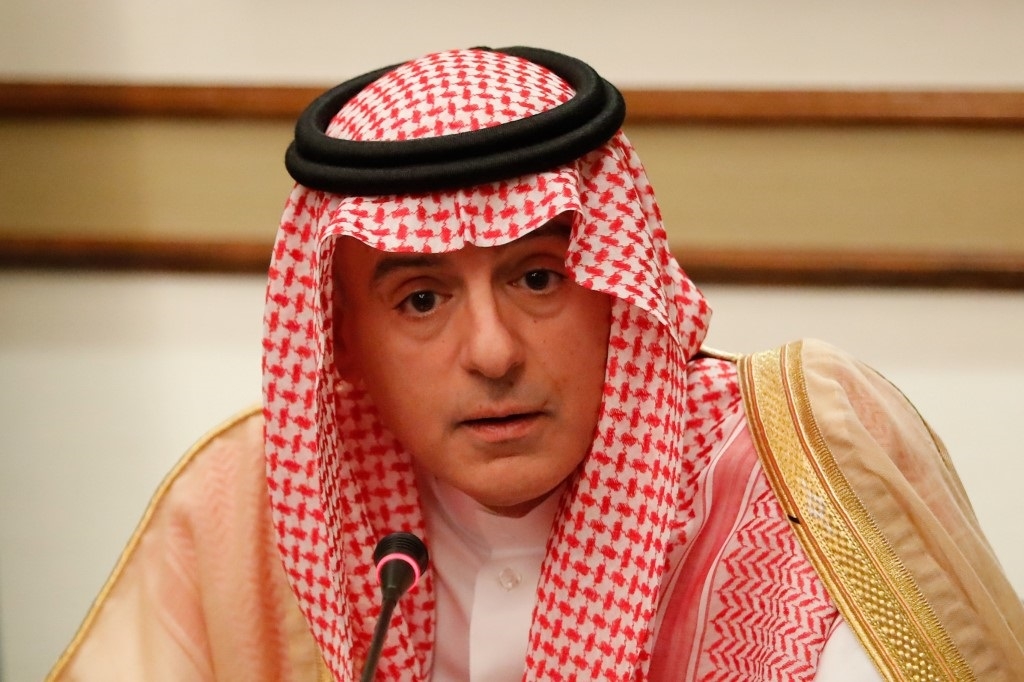
A UK court's decision earlier this year to suspend new arms sales to Saudi Arabia over concerns about the war in Yemen has not impacted ongoing sales to the kingdom, Adel Jubeir, the Saudi minister of state for foreign affairs, said on Monday.
"The security relationship between Saudi Arabia and the UK is a very, very strong one," Jubeir told a packed audience at Chatham House. "We are the largest customer of defence hardware from the UK and that relationship is growing."
In June, the UK's Court of Appeal ruled that the government had made an error by failing to assess whether there was a risk that equipment sold to Saudi Arabia might be used in violation of international humanitarian law in the Yemen conflict.
The judgment did not order the Department of International Trade (DIT) to suspend current arms sales licences but meant that the government was unable to grant any new licences pending the DIT's appeal to the supreme court.
'We are the largest customer of defence hardware from the UK and that relationship is growing'
- Adel al-Jubeir
Jubeir described the ruling on Monday as "an internal British legal matter".
New MEE newsletter: Jerusalem Dispatch
Sign up to get the latest insights and analysis on Israel-Palestine, alongside Turkey Unpacked and other MEE newsletters
"We expect our relationship to continue as it has been for many, many decades. We already have tremendous [UK] investment in energy fields, defence manufacturers and technology, and we expect this will continue, as will Saudi investment in the UK," he said.
If anything, the minister suggested, Brexit may provide greater opportunity for trade between the two countries.
"We will have a relationship with you, it will be a strategic relationship with you. It will be a strong relationship with you, whether you are in the EU or outside the EU," Jubeir said.
"If anything, there may be more leeway for Britain to negotiate free trade agreements than when it was in the EU."
In a wide-ranging discussion, Jubeir had strong words for the kingdom's regional rival, Iran, which he said had been "on a rampage" since its revolution in 1979. The minister said Riyadh supported US President Donald Trump's "maximum pressure" policy employed against Tehran.
Specifically, Jubeir said, unless the Iranian nuclear deal was strengthened to include permanent inspections and a sunset provision, and Tehran's ballistic missile programme, "terrorism support and interference in the affairs of other countries" was dealt with, "we will always have an Iran problem".
The minister denied recent reports of separate mediation efforts, one led by Pakistan and the other by the Iraqis, to bring the kingdom together with Iran, following recent attacks on oil infrastructure and tankers which have raised fears of war.
"We are not having any mediation," he said. "People come to us with ideas and we give them our response and our response is what we would like the Iranians to do and that is it, and we would like to see actions rather than words."
Khashoggi fallout
A US-educated Washington insider, Jubeir, 57, was the first non-royal ever to serve as the kingdom's foreign minister when he replaced Saud al-Faisal, the longest-serving foreign minister, during a major cabinet reshuffle after King Salman took the throne in 2015.
He was demoted in another reshuffle last year, shortly after the murder of journalist Jamal Khashoggi, and became the minister of state for foreign affairs.
Ibrahim al-Assaf, who had previously served as finance minister under three kings before he was held in the Ritz Carlton with around 200 of the kingdom's elite in 2017, took over as foreign minister. However, Jubeir has largely continued to act as the public face of the foreign ministry.
Jubeir said Khashoggi's murder was a rogue operation for which the kingdom had taken responsibility including conducting an investigation, ongoing trials and mechanisms involving Saudi security services to prevent it from happening again.
"It’s unfortunate that from day one people accused us before even seeing the steps that were taken," he said.
"Did anyone accuse Secretary [Donald] Rumsfeld about the abuses at Abu Ghraib in Iraq before the investigations were done and the trials were done and the punishment were handed out and the procedures were put in place? Of course not.
"Did anyone accuse Ronald Reagan of being guilty for Iran-Contra? No. People waited, saw that an investigation was launched, individuals were held accountable, procedures were put in place from preventing it from happening again."
Middle East Eye delivers independent and unrivalled coverage and analysis of the Middle East, North Africa and beyond. To learn more about republishing this content and the associated fees, please fill out this form. More about MEE can be found here.


